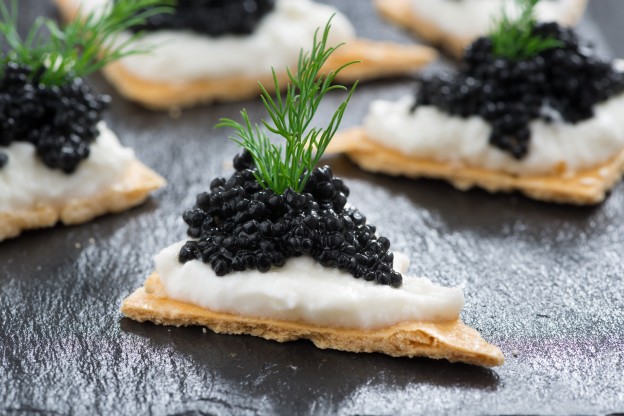What we see on reality television today is rarely real. Amateur cooks might love food and enjoy the fame that comes with cooking a delicious meal, but true culinary art is so much more. Without a passion that carries you through the hardest parts while still loving the job, the chances of getting ahead are slim.
Culinary art involves the science of food – knowing their nature, how they react to various cooking processes, how they deteriorate, and how to improve them for consumers. With in-depth knowledge, avant garde techniques such as molecular gastronomy become easier. Think caviar made of olive oil, transparent ravioli and edible paper.
Chefs with a background in culinary art are more likely to have a firm base in nutrition. They can create healthy, balanced meals that are delicious too. Cruise ships often cater to people with varied tastes and different nutritional requirements. Kitchens on board now serve guests with allergies, health-related diets, religious diets and those with adventurous palates. A home chef is hardly likely to know how to satisfy all these demands in a single meal service.
Knowledge of culinary art starts from the basics of learning about different ingredients – particularly those you are not familiar with in your culture, various culinary styles, and effective time management. Institutes teaching the culinary arts make it easier for students to adjust to professional kitchens by teaching basic, but very important, skills such as how to use and take care of a knife. They also provide students a chance to learn in more controlled environments without the high level of stress that comes in a full-fledged restaurant kitchen.
In India, particularly, many home chefs are not well versed in international high-level restaurant hygiene standards. Across the world, professional chefs are required to adhere to strict practices, from wearing gloves and slip-resistant shoes to turning pot handles away from the front of the stove, and knife cleanliness and storage. Failure to do so can result in losing one’s job or even the restaurant closing down.
Culinary arts do not just revolve around food, but also the entire eating experience. Hotel and restaurant management involves customer service and satisfaction, food and drink pairings, the actual meal, and everything in between.
Choosing a good culinary academy is vital to gaining a good base in the real art of cooking and service.


